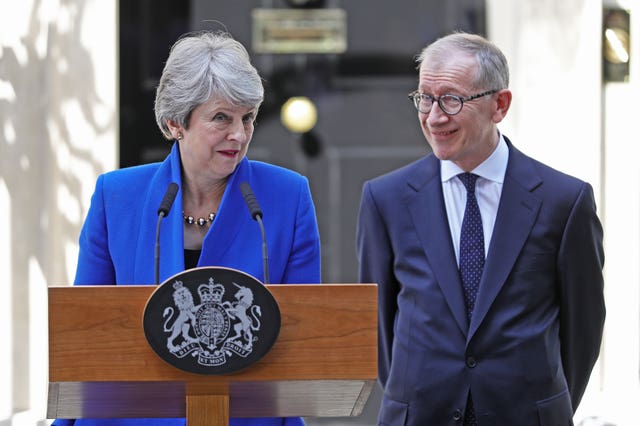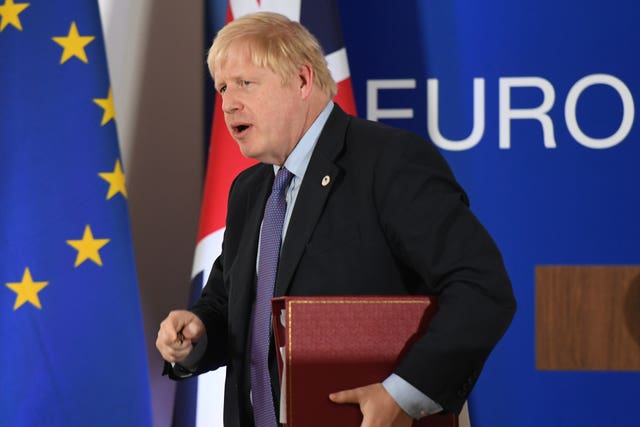Depending on who’s talking, the Brexit deal Boris Johnson negotiated with the EU ranges from being vastly different to his predecessor Theresa May’s deal, to being almost exactly the same.
To sort fact from fiction, the House of Commons library has produced a report.
It says that “only two Articles in the main Withdrawal Agreement have changed from the November 2018 text, and the changes are minor”.

What about the backstop?
The report says the main differences are in the Protocol on Ireland/Northern Ireland, or the backstop as it is commonly known.
According to the report, Mr Johnson’s deal “contains very different arrangements, the UK will no longer be in a single customs territory or union with the EU”.
But Northern Ireland will still be in the UK’s customs territory and VAT area, meaning it will align with the EU’s rules in these areas.
“Northern Ireland will remain mostly aligned to the EU’s regulations for goods. Four years after the end of the transition period, Northern Ireland’s democratic institutions will vote on whether they wish to continue the arrangements in the Protocol,” the paper says.
Under the new Protocol, if the UK and EU are unable to conclude a new future relationship agreement by the end of the transition period, an open border will be able to be maintained between Northern Ireland and Ireland.

Is there still a divorce payment?
Yes. There are no changes to the previous financial settlement in the agreement reached between Johnson’s government and the EU.
It’s estimated the settlement will cost the UK £33 billion by the time its final payment has been made, potentially in the mid-2060s. Any estimates of the cost are uncertain.
Amongst the underlying principles of the financial settlement are that no EU member state should pay more or receive less because of the UK’s withdrawal from the EU and the UK should pay its share of the commitments taken during its membership.
What about the level playing field?
Annex 4 of the previous Protocol – which contained references to EU laws and international conventions that would apply to the whole of UK in what were called “level playing field” commitments – has now been removed.
According to the House of Commons library report:
These were put in by the EU to limit the UK’s capacity to gain what it would see as an unfair advantage by lowering standards.
This was of particular concern due to the UK’s close geographical proximity to the EU, but also in the previous ‘backstop’ the UK would have been in a Single Customs Territory with the EU, and so the EU wouldn’t be able to use tariffs to compensate for competitive advantage.
The level playing field provisions were in the areas of taxation, environmental protection, labour standards, state aid and competition.
These have now been replaced by less specific and non-binding commitments in the Political Declaration to uphold such principles in any future trade agreement between the EU and the UK.
General secretary of the TUC Frances O’Grady said the new proposals “do nothing to protect or improve workers’ rights, now or in the future”:
These proposals are entirely based on process rather than substance. A rehash of the flimsy offer Theresa May’s govt made in March. They do nothing to protect or improve workers’ rights, now or in the future. 2/
— Frances O'Grady (@FrancesOGrady) October 19, 2019
Govt suggesting it will consult on unfair dismissal and TUPE (which would already be weakened the morning after we leave the EU) is meaningless – it’s not a commitment to implementing the changes working people need. 4/
— Frances O'Grady (@FrancesOGrady) October 19, 2019
And as for relying on the Queen’s Speech as evidence that it supports workers’ rights – all the QS contained was vague, ineffectual commitments and woolly promises. The govt said nothing that would change the game for working people (or challenge big business). 5/
— Frances O'Grady (@FrancesOGrady) October 19, 2019









